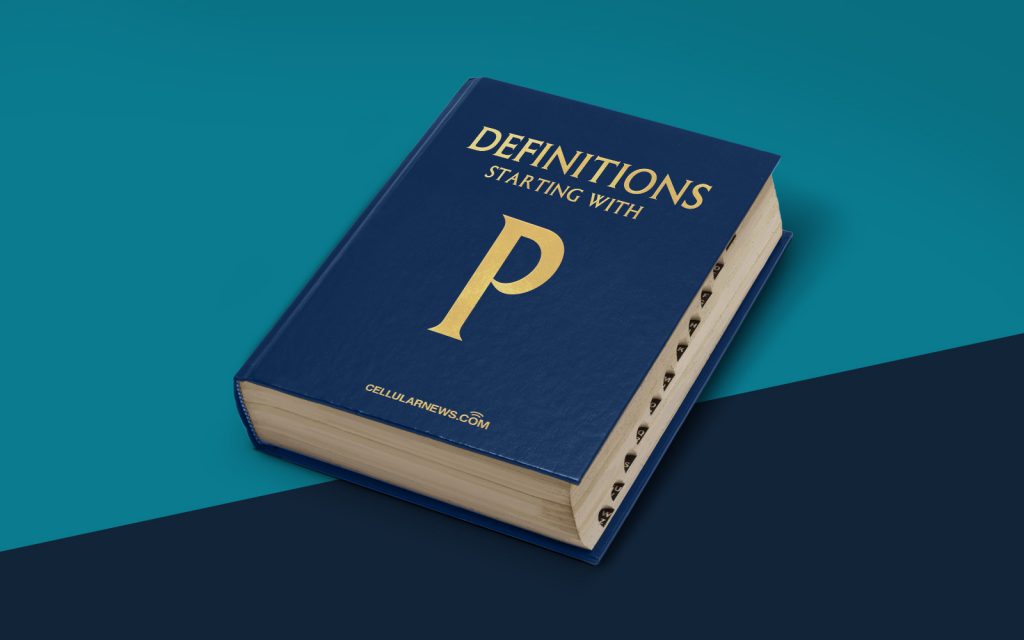
What is a Pressure Sensor?
Welcome to our “Definitions” category, where we dive deep into various terms and concepts related to technology. Today, we will be exploring the fascinating world of pressure sensors. If you’ve ever wondered about the inner workings of these devices or why they are crucial in numerous industries, you’ve come to the right place.
Key Takeaways:
- Pressure sensors are electronic devices used to measure the pressure of a fluid or gas.
- These sensors play a vital role in industries such as automotive, aerospace, medical, and many others.
Let’s begin by answering the burning question: What exactly is a pressure sensor? In simple terms, a pressure sensor is an electronic device designed to measure the pressure of a fluid or gas and convert it into an electrical signal. Essential in a wide array of applications, pressure sensors provide valuable data that allows us to understand, control, and optimize various processes.
Now that we have a general understanding of what a pressure sensor is, let’s delve into a few key aspects that make these devices so significant:
1. Measuring Pressure
At its core, a pressure sensor measures the force applied by a fluid or gas on its surface area. This force is typically exerted perpendicularly to the sensing element, causing a deformation or change in a physical property of the sensor, such as resistance or capacitance. By detecting and quantifying this change, pressure sensors accurately determine the pressure levels within a system.
2. Wide Range of Applications
Pressure sensors find applications in a vast range of industries and sectors. Here are just a few examples:
- Aerospace: Pressure sensors are crucial in monitoring and maintaining safe pressure levels within aircraft hydraulic systems, cabin pressurization, and fuel systems.
- Automotive: From tire pressure monitoring systems (TPMS) to engine management, pressure sensors are integral in ensuring vehicle safety and optimal performance.
- Medical: Pressure sensors assist in monitoring blood pressure, airway pressure, and intracranial pressure in medical devices, contributing to accurate diagnosis and patient care.
- Industrial: In industrial automation, pressure sensors play a vital role in controlling processes, monitoring equipment, and ensuring safety in applications like hydraulic and pneumatic systems.
All in all, pressure sensors are fundamental components in various systems and processes, enabling precise and reliable measurements. Their ability to convert physical pressure into electrical signals has revolutionized countless industries, improving safety, efficiency, and overall performance.
So the next time you encounter a pressure sensor, whether it’s in your car, a medical device, or a manufacturing plant, remember the important role it plays in accurately measuring and controlling pressure. These tiny devices are the unsung heroes behind the scenes, ensuring that our complex world operates smoothly and safely.
